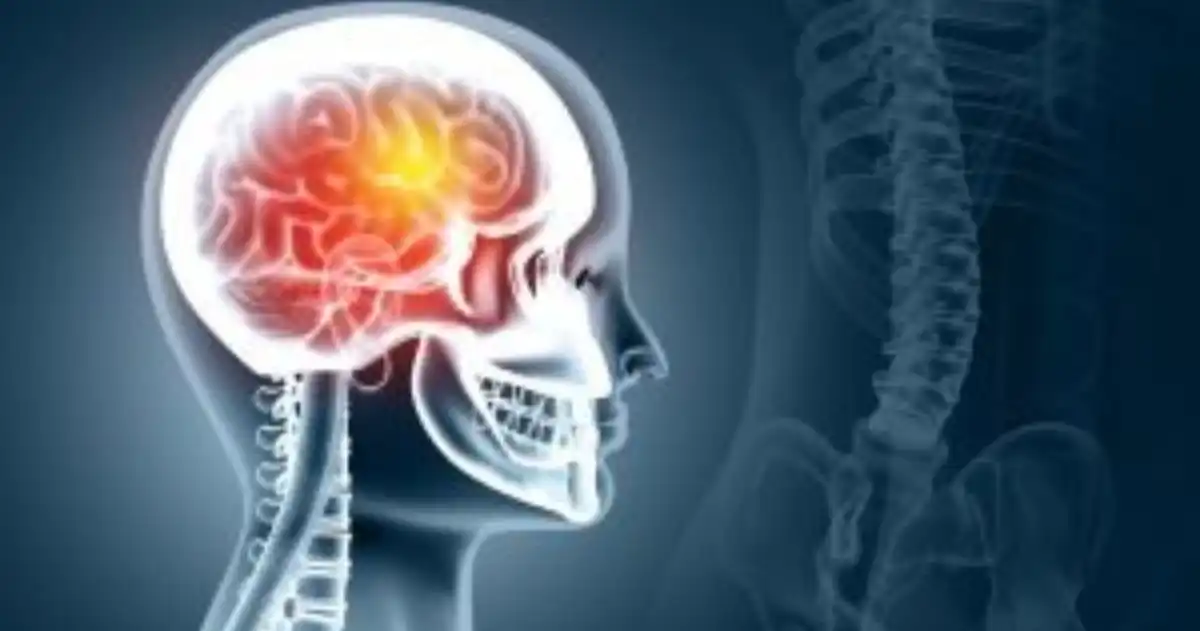Resilience & Risk In Depression: In a study, researchers have found some distinct brain networks responsible for risk and resilience in depression. These networks were identified to have been linked the exact location of a brain injury.
It was revealed that one network is associated with some increased depression symptoms while the other one is associated with somewhat decreased depression symptoms.
The study further revealed that the above brain networks can be some potential targets neuromodulation therapies used to treat depression.
Some of the most common Neuromodulation therapies include deep brain stimulation or magnetic stimulation have recently been emerged as new non-pharmacological treatments for mood disorders.
But there is only a limited information as to where they need to exactly target the best therapeutic effect in your brain.
The new brand study was published in the journal Brain. In the study, researchers basically used a number of depression scores and brain imaging scans in over 500 patients who had some specific brain injury at some point of time.
The author of the above study Nicholas Trapp, MD, UI assistant professor of psychiatry said, “We found some really interesting results identifying specific brain structures that were associated with higher levels of depression post-lesion, and surprisingly, also found some areas that were associated with lower-than-average levels of depression post-lesion,” he said.
Resilience & Risk Networks In Depression
In the study, it was revealed that both resilience and risk regions in the brain are almost scattered. They also found some regions associated with somewhat increased depression levels.
The study further revealed, “Previous studies have suggested nodes of this network may be hyperactive in people with depression, who are prone to ruminating,” says Trapp, who also is a member of the Iowa Neuroscience Institute. “It’s possible that lesions within this network may alter that circuit in a way that leads people to report less depression.”
New Targets for Neuromodulation
The author of the above study hopes that their findings will obviously help improve the main causes of depression. And it will lead to better treatment options.
This is what he has to say, “This could open the doors to potential studies looking at deep brain stimulation, or non-invasive forms of stimulation like TMS, where we might be able to modulate the specific brain areas or networks that we’ve identified, to try to get the antidepressant effect, or potentially other therapeutic effects,” he said.
Also Read: Crippling Depression Signs, Symptoms & the Ways to Manage It
Follow Us: Facebook | Twitter | Google News
